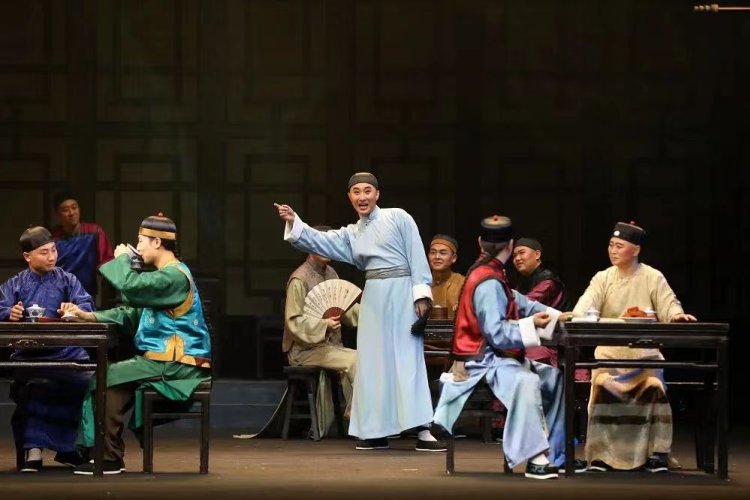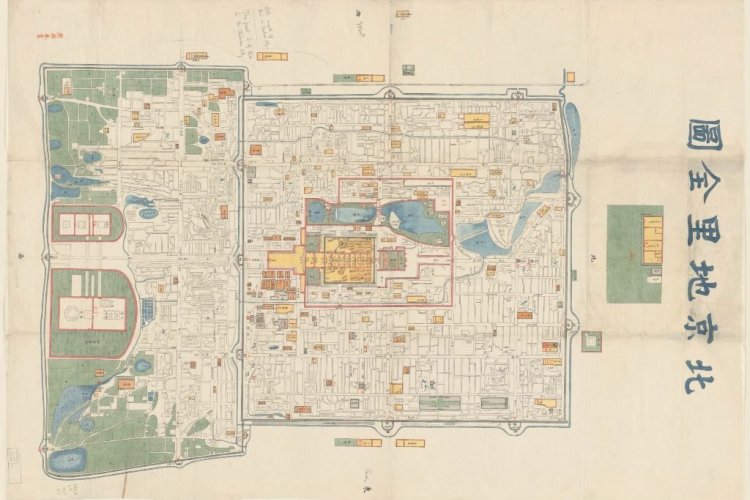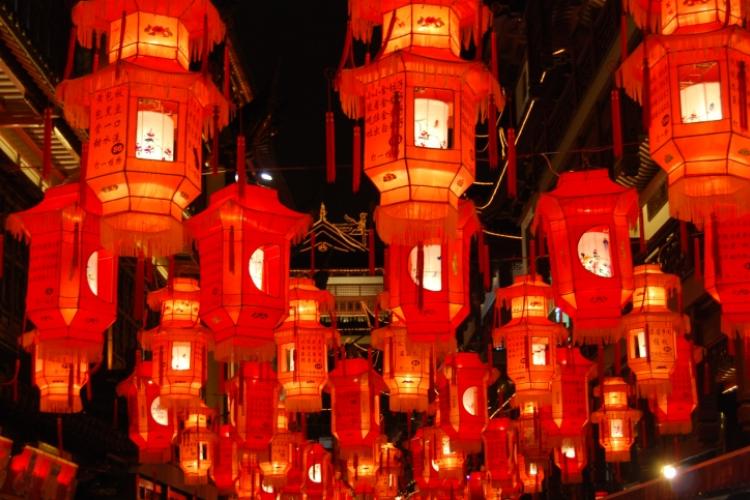Page Turners: Revisiting Lao She
Today Lao She is remembered for mostly three things: first, his novel Rickshaw Boy, bringing to life the urban chaos of Beijing’s street life; second, his suspicious drowning during the Cultural Revolution; and then, finally, the Lao She Teahouse, a staid favorite of many tourists, but one with no obvious connection to the man nor his works. However, Penguin’s recent re-issue of two of his novels, Cat Country, and Mr Ma and Son, seeks to prove just how versatile and urgent one of China’s most prestigious and progressive writers truly was.
Cat Country suitably introduces the theme that binds these two individual novels together: Lao She’s ability for expertly examining a society from an outsider’s perspective. In this instance, it’s the narrator himself, a unnamed Chinese astronaut who guides the story, offering his impressions after having been stranded on Mars – albeit a Mars that might now seem wildly quaint, with its green pastures and cat-inhabitants, but one which, in its imaginative remove, serves as an ideal caricature of 1930s Chinese society.
As the narrator skirts the political factions of his setting, fully exploiting the prejudices that “foreigners” are afforded in this society, the reader is introduced to a civilization on the brink of collapse due to its excessive reliance upon social distinctions and stubborn refusal for reform. As with most satires of this sort, the labor of bringing such a world to life is a little heavy-handed, and much of its emotional content is often lost among the conceit, but there’s a palpable sense of relevance and urgency that still surges through the novel.
Drawing on Lao She’s own experiences of living in 1920s London, the second of these re-issues, Mr Ma and Son, follows two generations of Mr Ma and his son, Ma Wei, as they relocate from their native Beijing to England with the aim of taking over Ma’s brother’s antique business.
It’s a far more human- and character-driven novel when compared with Cat Country, but, like it, Mr Ma and Son makes brilliant observations on many cultural differences between China and the West. It’s a coming-of-age story, with romantic overtures, but the novel is at its most fascinating where it brings back to life the dramatic intersections of modernist London and much of the racism that flowed through British society at the time.
As distinct as these two novels are to one another in both style and effect, their being re-issued at this time signifies an important reconsideration of one of China’s influential writers, demonstrating the extent to which Lao She was frequently testing the “Chinese” character of his writing. But, beyond these relatively academic concerns, both novels also offer something else: two uniquely enjoyable yet equally edgy jaunts from a writer at the top of his game.
Re-issues of Lao She’s works are available at The Bookworm, Amazon.com and various other bookstores in Beijing.




